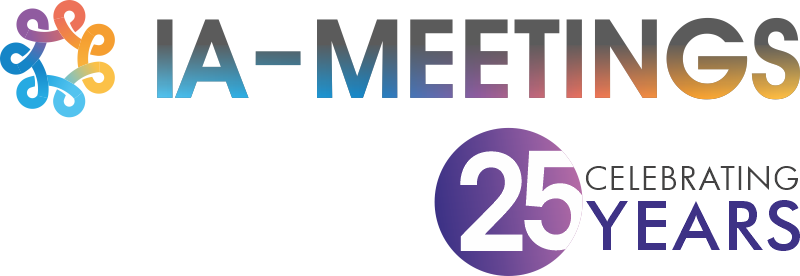Conferences are pivotal events that bring together professionals from various industries to network, share knowledge, and advance their careers. These events require meticulous planning and execution to ensure their success. However, the real key to achieving the full potential of conferences lies in gathering feedback from attendees, speakers, sponsors, and stakeholders after the event. This feedback is valuable in identifying areas of improvement and making necessary changes for future events. By mastering the art of post-event feedback, conference organisers can achieve epic success and provide an unforgettable experience for all participants. Let us explore the importance of post-event feedback and provide strategies to help organisers gather and utilise feedback effectively.
Importance of Post-Event Feedback
- Insight Generation: The feedback obtained after an event can provide valuable insights. It offers a profound comprehension of the attendees’ encounters, inclinations, and opportunities for enhancement.
- Quality Assessment: Post-event feedback helps assess the quality of content, speakers, logistics, and their overall experience. It helps in understanding what worked well and the areas that require improvement.
- Stakeholder Satisfaction: Understanding stakeholders’ satisfaction levels is essential. Getting feedback from sponsors, exhibitors, speakers, and partners is important to measure their ROI and satisfaction with their participation.
- Continuous Improvement: Constructive feedback is a vital component of the iterative process for event planning. It provides organisers with valuable insights to recognise areas of improvement, address shortcomings, and create exceptional experiences for future events.
Strategies for Effective Post-Event Feedback
- On-Time Distribution of Surveys: Post-event surveys should be sent out promptly to capture fresh attendee feedback. Online survey tools can simplify distribution and data collection.
- Creating Thorough Surveys: Surveys must capture quantitative data and qualitative feedback. A comprehensive survey should include sections on content relevance, speaker effectiveness, logistics, and overall satisfaction.
- Segmented Feedback Analysis: To better understand the feedback and provide tailored improvements, it’s essential to analyse the feedback data based on attendee segments such as demographics and registration type. This targeted analysis will help to gain valuable insights and make constructive changes that will benefit specific audience groups.
- Technology for gathering and analysing feedback: Incorporating technology and data analytics tools into the feedback process can greatly enhance its efficiency and effectiveness. By utilising automated sentiment analysis, one can easily extract meaningful insights from large amounts of feedback data. This can help identify areas for improvement and make data-driven decisions to enhance business operations.
- Collaborate with Stakeholders: It is important to hold meetings with key stakeholders after an event to discuss feedback, address concerns, and create action plans for improvement. It is also essential to communicate transparently with attendees about the feedback process, acknowledging their input and outlining how their feedback will be utilised to enhance future events.
- Put Into Action: Utilize the valuable feedback provided by attendees as a blueprint for making meaningful improvements. By giving priority to areas that have the greatest impact on the overall experience, one can implement constructive changes that will enhance the attendee experience.
Gathering post-event feedback is a crucial step towards achieving a successful conference. It is one of the most integral parts of the process. By prioritising the collection of feedback on time, analysing it comprehensively, engaging with stakeholders, and implementing actionable improvements, organisers can significantly enhance the overall experience of an event. By embracing feedback as a tool for positive change, organisers can foster a culture of innovation and creativity, thus ensuring that each conference surpasses expectations and leaves a lasting impression on attendees. This approach guarantees that every aspect of the conference is optimised and fine-tuned, resulting in an unforgettable and truly epic experience for everyone involved.
